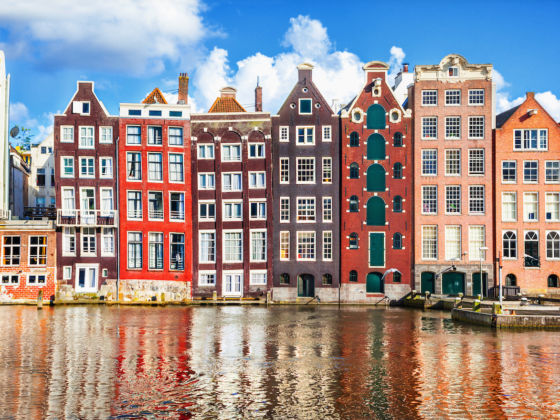Over 300 years after Amsterdam played a major role in the slave trade, the city will officially apologize. During the 17th and 18th centuries, slavery made Amsterdam the richest city in the western world, and though its slave trade ended centuries ago, its new left-leaning government has vowed to issue an apology.
Now that the GreenLeft party is the largest party on the city council, pro-apology members of the council form the majority for the first time ever. Even the conservative Christian Union group is in favor of the apology, with Don Decar, its council leader, saying, “This should have happened much sooner.”
